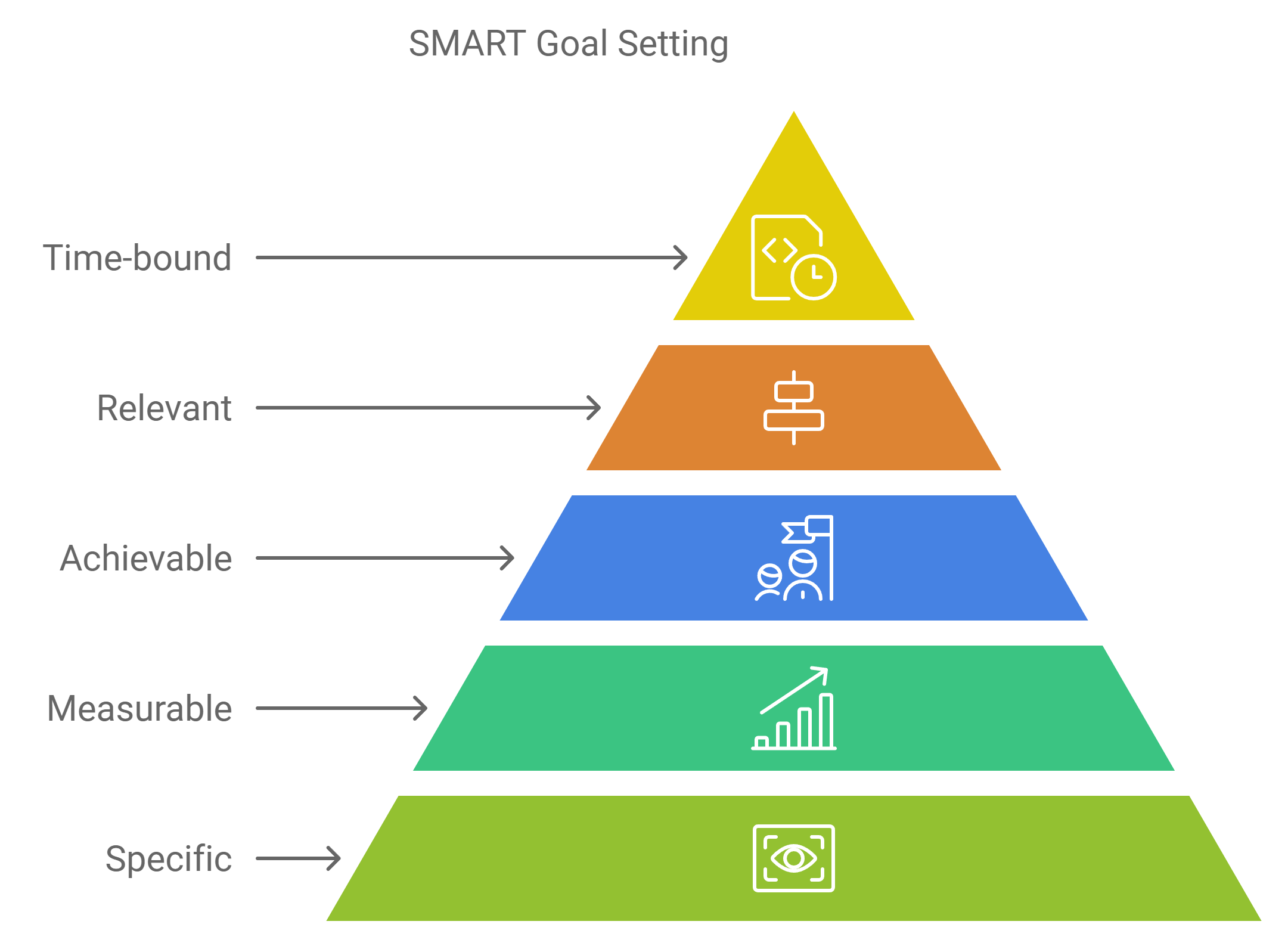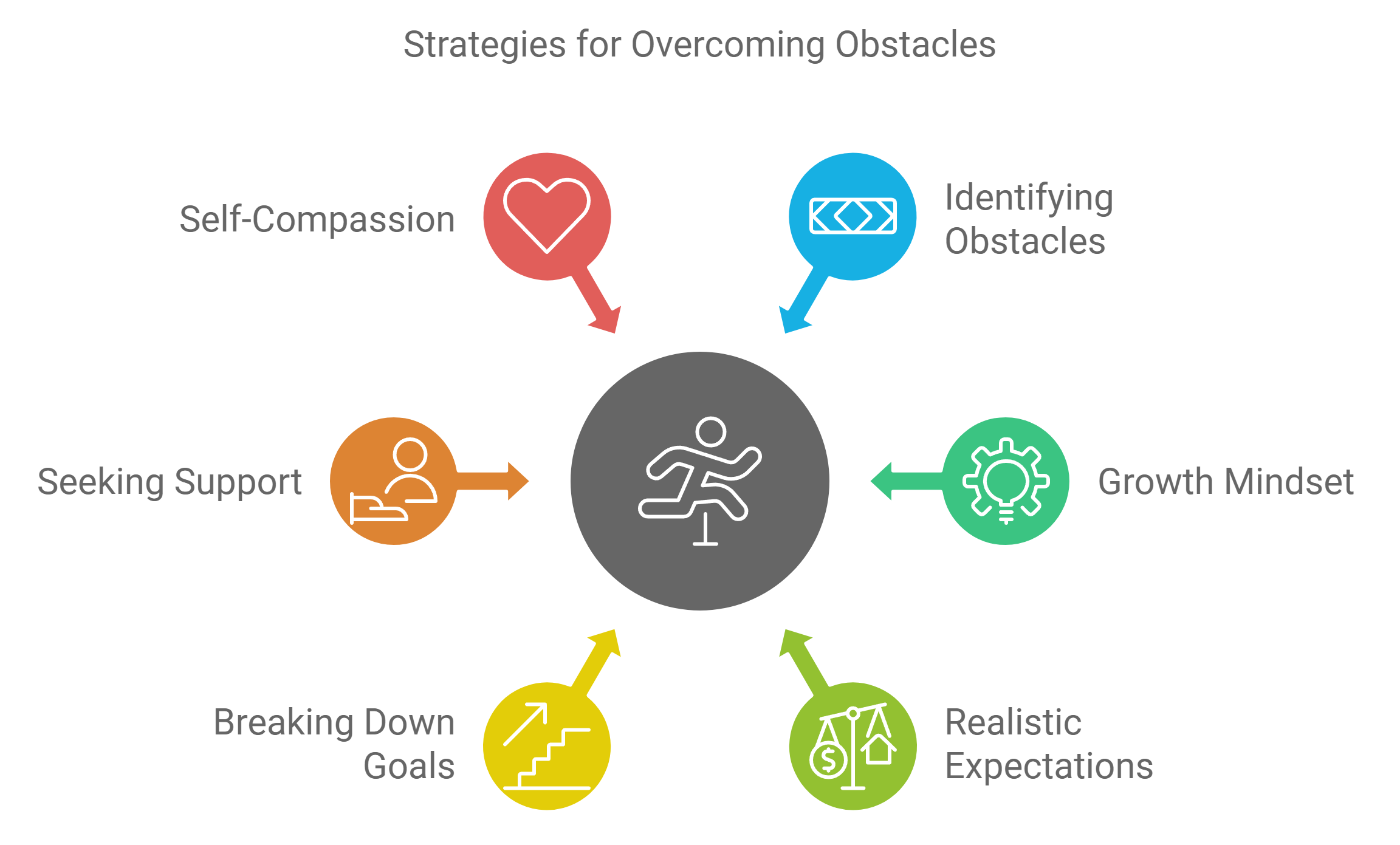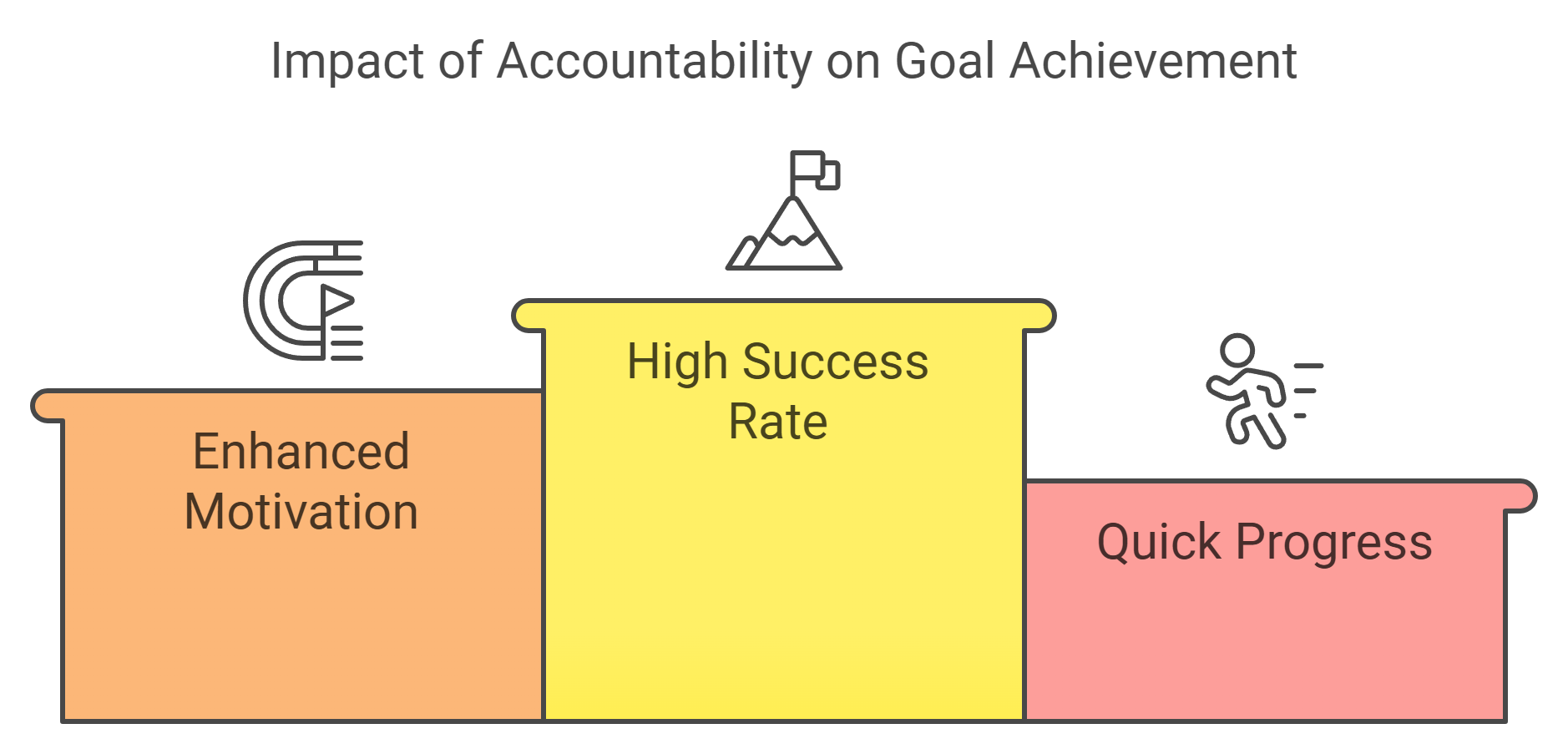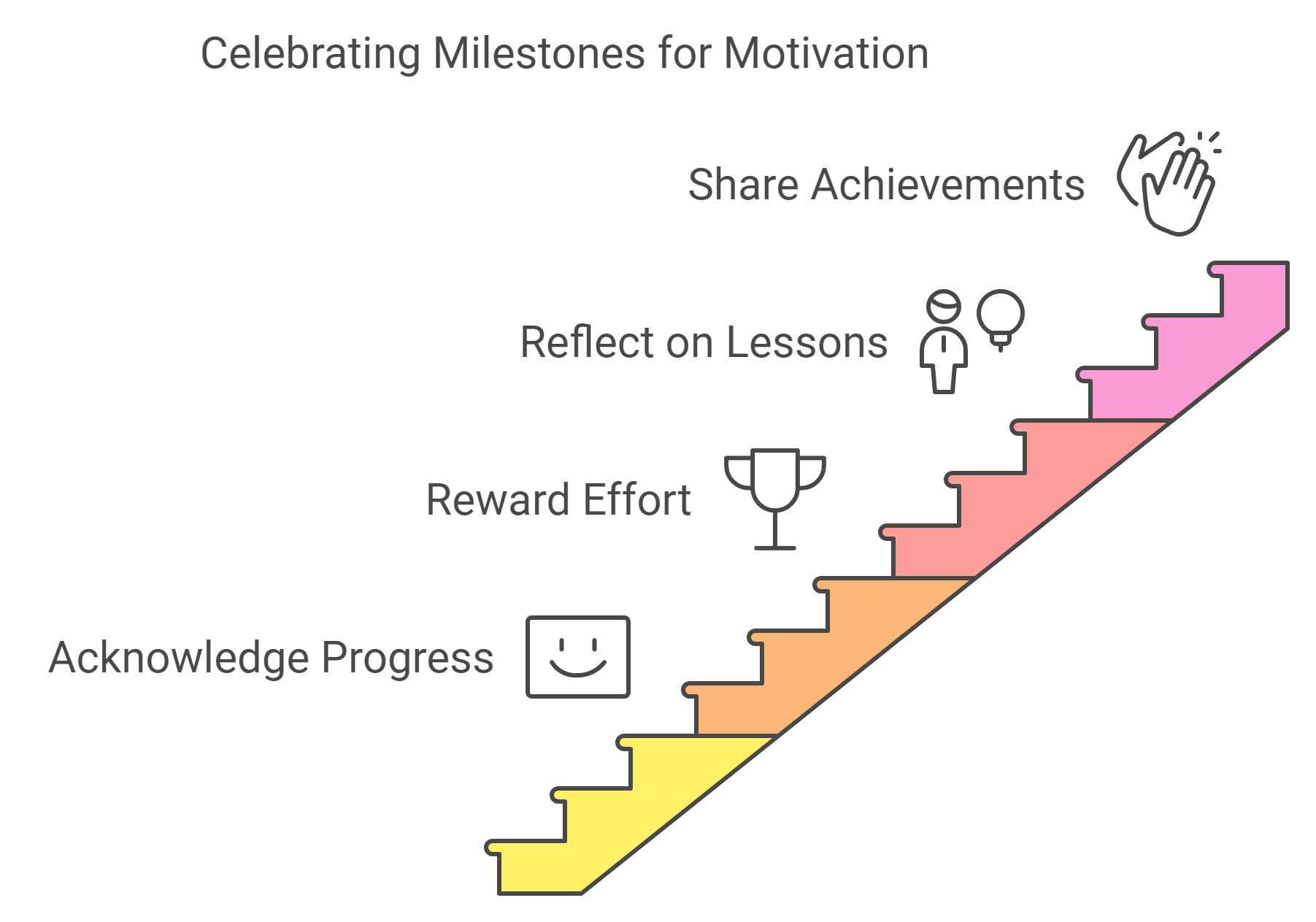Unlock the power of personal transformation with our comprehensive guide to achieving your biggest goals. Drawing from the wisdom of experienced life coaches, we’ve distilled their secrets into 10 actionable steps that will propel you towards success. Whether you’re looking to advance your career, improve your relationships, or enhance your overall well-being, these proven strategies will help you overcome obstacles, stay motivated, and turn your dreams into reality. From setting clear objectives to developing resilience and celebrating milestones, this article provides a roadmap for personal growth and achievement. Dive in to discover how you can harness the techniques used by professional life coaches to unlock your full potential and create the life you’ve always envisioned.
In today’s fast-paced world, it’s easy to feel overwhelmed by the challenges and complexities of life. Many people struggle to identify their true passions, set meaningful goals, and stay committed to their personal growth journey. This is where the expertise of life coaches becomes invaluable. These professionals have honed their skills in guiding individuals towards success, helping them navigate obstacles and unlock their full potential. By sharing their secrets and proven methodologies, we aim to empower you with the tools and mindset necessary to achieve your biggest aspirations. Whether you’re looking to make a career change, improve your relationships, or simply lead a more fulfilling life, the following 10 steps will provide you with a solid foundation for personal development and goal attainment.

Defining Your Vision: The Foundation of Goal Achievement
As a life coach, one of the most crucial steps in helping clients achieve their goals is guiding them through the process of defining their vision. This foundational step is essential for creating a clear path towards success and personal fulfillment. A well-defined vision acts as a compass, providing direction and purpose in both personal and professional endeavors.
When working with clients to define their vision, a life coach often employs various techniques and exercises to help individuals tap into their deepest desires and aspirations. One effective method is the visualization exercise, where clients are encouraged to imagine their ideal future in vivid detail. This process helps to uncover hidden goals and desires that may not be immediately apparent in day-to-day life.
The unexamined life is not worth living. – Socrates
Another powerful tool in the life coach’s arsenal is the creation of a vision board. This visual representation of goals and dreams serves as a constant reminder and motivation for clients as they work towards their objectives. By combining images, words, and symbols that resonate with their vision, individuals can create a tangible representation of their aspirations.
SMART Goal Setting: A Life Coach’s Essential Tool
As a life coach, one of the most powerful tools in your arsenal is the SMART goal-setting framework. This tried-and-true method has been helping individuals and organizations achieve their objectives for decades, and its effectiveness in personal development cannot be overstated. SMART is an acronym that stands for Specific, Measurable, Achievable, Relevant, and Time-bound, each representing a crucial aspect of goal-setting that ensures clarity, focus, and motivation throughout the journey towards success.
Let’s break down each component of the SMART framework and explore how a life coach can utilize this tool to help clients transform their aspirations into tangible results:
- Specific: Goals should be clear and well-defined, leaving no room for ambiguity.
- Measurable: Progress should be quantifiable, allowing for tracking and evaluation.
- Achievable: Goals should be challenging yet realistic, considering available resources and constraints.
- Relevant: Goals should align with the individual’s overall vision and values.
- Time-bound: A specific deadline or timeframe should be set to create urgency and motivation.
Implementing the SMART framework as a life coach involves guiding clients through a series of thought-provoking questions and exercises. For instance, when helping a client set a career-related goal, you might ask them to describe their ideal job role in detail (Specific), determine how they’ll measure success in that role (Measurable), assess their current skills and identify any gaps (Achievable), explain how this aligns with their long-term career aspirations (Relevant), and set a realistic timeline for achieving this goal (Time-bound). By following this structured approach, clients can transform vague desires into concrete, actionable plans.

Overcoming Obstacles: Strategies for Pushing Past Roadblocks
As a life coach, one of the most crucial skills you can impart to your clients is the ability to overcome obstacles and push past roadblocks. Life’s journey is rarely a smooth path, and it’s the challenges we face that often define our growth and success. Understanding how to navigate these hurdles is essential for anyone striving to achieve their goals and realize their full potential.
The first step in overcoming obstacles is to identify and acknowledge them. Many people struggle with this initial phase, often feeling overwhelmed or discouraged by the magnitude of the challenges they face. A skilled life coach can help clients break down these obstacles into manageable components, making them less daunting and more approachable. This process of dissection allows individuals to see the specific areas where they need to focus their efforts and develop targeted strategies for success.
The greatest discovery of my generation is that a human being can alter his life by altering his attitude. – William James
Once obstacles are identified, it’s crucial to develop a mindset of resilience and perseverance. This is where the guidance of a life coach becomes invaluable. Coaches can help clients reframe their perception of obstacles, viewing them not as insurmountable barriers but as opportunities for growth and learning. This shift in perspective can be transformative, empowering individuals to approach challenges with confidence and determination.
Strategies for Pushing Past Roadblocks
- Develop a Growth Mindset: Embrace challenges as opportunities to learn and grow.
- Set Realistic Expectations: Understand that setbacks are a normal part of any journey.
- Break Down Large Goals: Divide overwhelming tasks into smaller, manageable steps.
- Seek Support: Utilize your network, including your life coach, for encouragement and advice.
- Practice Self-Compassion: Be kind to yourself during difficult times.
Another powerful strategy for overcoming obstacles is to cultivate a strong support network. This network can include friends, family, mentors, and of course, a life coach. Having a support system provides not only emotional encouragement but also practical assistance and diverse perspectives. A life coach can help clients identify and leverage their support network effectively, ensuring they have the resources and backing needed to push through challenging times.

The Power of Accountability: Staying on Track with Your Goals
When it comes to achieving your goals, accountability is a powerful tool that can significantly increase your chances of success. As a life coach, I’ve witnessed firsthand how incorporating accountability into goal-setting strategies can transform dreams into reality. Accountability not only keeps you focused and motivated but also provides the necessary support and guidance to overcome obstacles along the way.
One of the most effective ways to harness the power of accountability is by partnering with a life coach or finding an accountability buddy. This external support system can offer valuable perspective, encouragement, and constructive feedback throughout your journey. Regular check-ins and progress reports create a sense of responsibility and commitment, making it harder to procrastinate or give up when faced with challenges.
To illustrate the impact of accountability, consider the following statistics:
| With Accountability | Without Accountability |
|---|---|
| 95% chance of achieving goals | 10% chance of achieving goals |
| Increased motivation and focus | Higher likelihood of procrastination |
| Faster progress and results | Slower progress and potential stagnation |
These numbers clearly demonstrate the significant difference accountability can make in your goal-achievement journey.
Implementing accountability measures doesn’t have to be complicated. Here are some effective strategies to incorporate into your goal-setting process:
- Schedule regular check-ins with your life coach or accountability partner
- Use goal-tracking apps or journals to monitor your progress
- Share your goals publicly to create social accountability
- Set consequences for missed milestones or rewards for achieving them
- Join a mastermind group or community with similar goals
By implementing these strategies, you create a support system that keeps you focused and motivated, even when faced with obstacles or setbacks.
Remember, accountability is not about punishment or judgment. As a life coach, I emphasize that it’s about creating a supportive environment that fosters growth and success. When you know someone is counting on you and cheering for your progress, it becomes easier to stay committed to your goals.

Celebrating Milestones: Maintaining Motivation Throughout Your Journey
As a life coach, one of the most crucial aspects of guiding clients towards their goals is teaching them the importance of celebrating milestones along the way. The journey towards achieving significant life goals can often be long and challenging, making it essential to maintain motivation and momentum throughout the process. By acknowledging and celebrating smaller achievements, individuals can boost their confidence, reinforce positive behaviors, and stay committed to their ultimate objectives.
You cannot find peace by avoiding life. – Virginia Woolf
Recognizing milestones serves as a powerful tool for maintaining motivation and can be broken down into several key components:
- Acknowledging progress: Regularly taking stock of how far you’ve come
- Rewarding effort: Treating yourself for the hard work you’ve put in
- Reflecting on lessons learned: Gaining insights from both successes and setbacks
- Sharing achievements: Involving others in your journey for support and accountability
A life coach can help clients develop a personalized strategy for celebrating milestones that aligns with their unique goals and preferences. This might include creating a visual representation of progress, such as a goal tracker or vision board, or establishing a reward system for reaching specific benchmarks. The key is to make these celebrations meaningful and motivating for the individual, ensuring they serve as fuel for continued growth and progress.

Frequently Asked Questions
What are the main themes of the blog post?
The main themes include setting clear goals, creating actionable steps, the importance of accountability, and maintaining motivation throughout the journey.
What is the first step to achieving big goals according to the article?
The first step is to define your vision clearly, understanding what you truly desire to achieve in your life.
How does the article suggest one should handle setbacks?
The article emphasizes the importance of viewing setbacks as learning opportunities and encourages a resilient mindset to overcome challenges.
What role does accountability play in achieving goals?
Accountability helps keep you on track and motivated; having someone to report to can enhance commitment and encourage progress.
How can visualization techniques aid in goal achievement?
Visualization techniques can enhance focus, increase motivation, and help clarify your desired outcomes by mentally rehearsing achieving your goals.
What is the advised approach to breaking down large goals?
The article recommends breaking large goals into smaller, manageable tasks to prevent feeling overwhelmed and maintain a sense of accomplishment.
Why is it important to celebrate small wins?
Celebrating small wins boosts morale, reinforces positive behavior, and helps maintain motivation as you progress toward larger goals.














